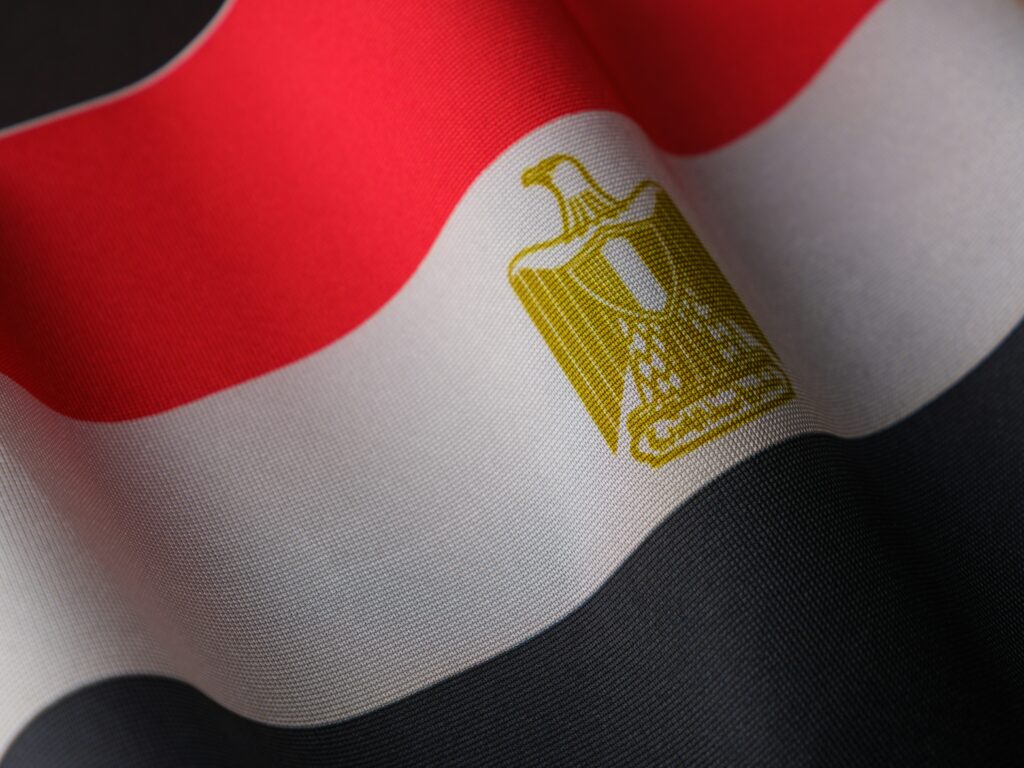
Image source:
CAIRO: Egypt’s annual urban consumer price inflation rate saw a modest decrease to 32.5 percent in April from 33.3 percent in March, according to the latest data released by the country’s statistics agency, CAPMAS. This decline surpassed the expectations of analysts who had forecast a median annual inflation rate of 32.8 percent.
Month-on-month, the inflation rose by 1.1 percent in April, slightly up from 1.0 percent in March. Although food prices decreased by 0.9 percent month-on-month, they remained 40.5 percent higher compared to the previous year. The easing of the inflation rate follows a peak of 38.0 percent last September, marking a continued, albeit slow, downward trend.
In response to the persistent high inflation, the Central Bank of Egypt has adopted a stringent monetary policy, including a significant interest rate hike of 600 basis points on March 6. This adjustment coincided with the signing of an $8 billion financial support package from the International Monetary Fund (IMF), which also saw the Egyptian pound’s value drop significantly.
As part of its commitment to the IMF, Egypt has also raised the prices of petrol, diesel, and other fuels, further tightening monetary controls to safeguard household purchasing power against inflationary pressures.
Despite these measures, Egypt’s non-oil private sector continues to struggle, contracting further in April as indicated by the S&P Global Purchasing Managers’ Index, which fell slightly to 47.4 from 47.6 in March. This marks the 41st consecutive month of readings below the growth-indicative threshold of 50.0.
Employment figures also dipped, with the employment sub-index falling to 49.7 in April from 50.8 in March. However, there were slight improvements in the output sub-index and new orders index, suggesting some resilience in business conditions.
Amidst these economic challenges, Fitch Ratings recently upgraded Egypt’s outlook to positive from stable, maintaining the country’s ‘B-‘ rating. The positive revision reflects reduced external financing risks and an increase in foreign direct investment, bolstered by confidence in Egypt’s economic reforms and the IMF-backed financial stability measures.
This adjustment by Fitch comes as foreign investors have significantly increased their investments in Egyptian treasury bills following the announcement of the IMF loan program, helping to reduce the country’s net foreign assets deficit by $17.8 billion in March. Fitch also noted that Egypt’s initial efforts to curb off-budget spending could help diminish public debt sustainability risks moving forward.
News source:
Levantra blends expert knowledge with innovative solutions, fostering partnerships that drive impactful business transformations.
Hantverkarsgatan 33
Sweden, Landskrona
© 2026 All Rights Reserved.